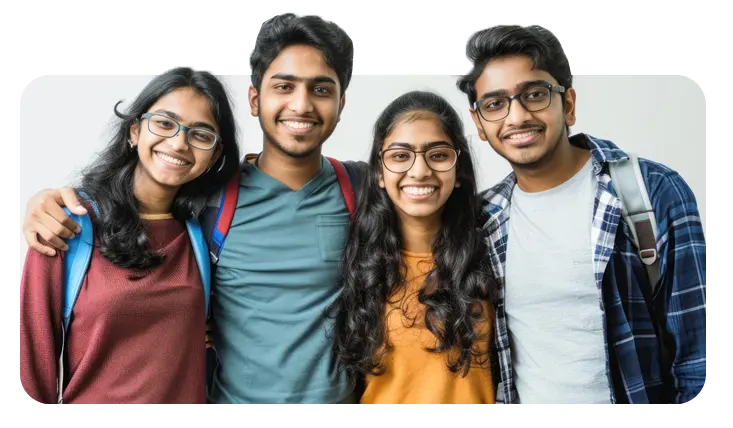Program Overview
Welcome to the Bachelor of Technology in Mechanical Engineering program
at DYPIU, where innovation meets excellence. DYPIU presents a full-time,
four-year B.Tech program in Mechanical Engineering, offering students
the flexibility to choose from two specialized track options. The
curriculum was developed through collaborative efforts with academic
professionals, representatives from industry and emerging start-up
companies. Our program is meticulously crafted to provide a holistic and
future-ready education in mechanical engineering. As a student in our
program, you will embark on a transformative journey that blends
theoretical knowledge with hands-on experience, preparing you to thrive
in the dynamic world of engineering.

The emergence of Industry 4.0 is revolutionizing mechanical engineering.
Technologies like machine learning (ML), artificial intelligence (AI)
and big data are reshaping how engineers design and build new machinery.
The shift from physical prototypes to computer-aided modelling
accelerates the design process and enhances precision. The transition
from combustion engines to battery-based systems is a game-changer.
The global trends in mechanical engineering that will take a peek into
the future prospects for this dynamic field are focused in the
curriculum as follows
-
Generative Design
Generative Design enables the
rapid creation of multiple high performing design
alternatives from a single idea in fraction of the time and
cost.
-
Digital Twin
Digital twin has emerged as one
of the most active components in smart manufacturing. By
creating a digital twin, manufacturers can simulate
different scenarios and test various configurations without
disrupting the actual production process.
-
AR and VR
Virtual Reality enables
mechanical engineers to use virtual environments, allowing
for realistic simulations and evaluations of product designs
before physical prototypes are built. The integration of
Augmented Reality and Virtual Reality is revolutionizing
mechanical design and maintenance practices, empowering
engineers with unprecedented capabilities to visualize,
simulate, and optimize complex mechanical systems.
-
Digital Manufacturing
Most manufacturers today agree
that digital is not limited to one or two functions but can
apply to the entire business lifecycle: from concept and
design, engineering, sourcing and procurement to supply
chain logistics, warehousing, customer experience, strategic
functions and governance. Digitalizing operations can
increase efficiency, quality, safety and transparency, also
reduce costs, timelines and errors.
-
Predictive Maintenance
Predictive maintenance lets you
estimate time-to-failure of a machine. Knowing the predicted
failure time helps you find the optimum time to schedule
maintenance for your equipment.
-
Robotics and Autonomous Systems
Robotics and Autonomous Systems
encompass diverse scientific and technical disciplines that
focus on developing complex cognitive systems. These systems
can operate independently, making decisions and performing
tasks without direct human control.
-
Additive Manufacturing
Additive manufacturing uses data
computer-aided-design (CAD) software or 3D object scanners
to direct hardware to deposit material, layer upon layer, in
precise geometric shapes. The terms "3D printing" and "rapid
prototyping" are a subset of additive manufacturing.


































































































 ERP Login
ERP Login
